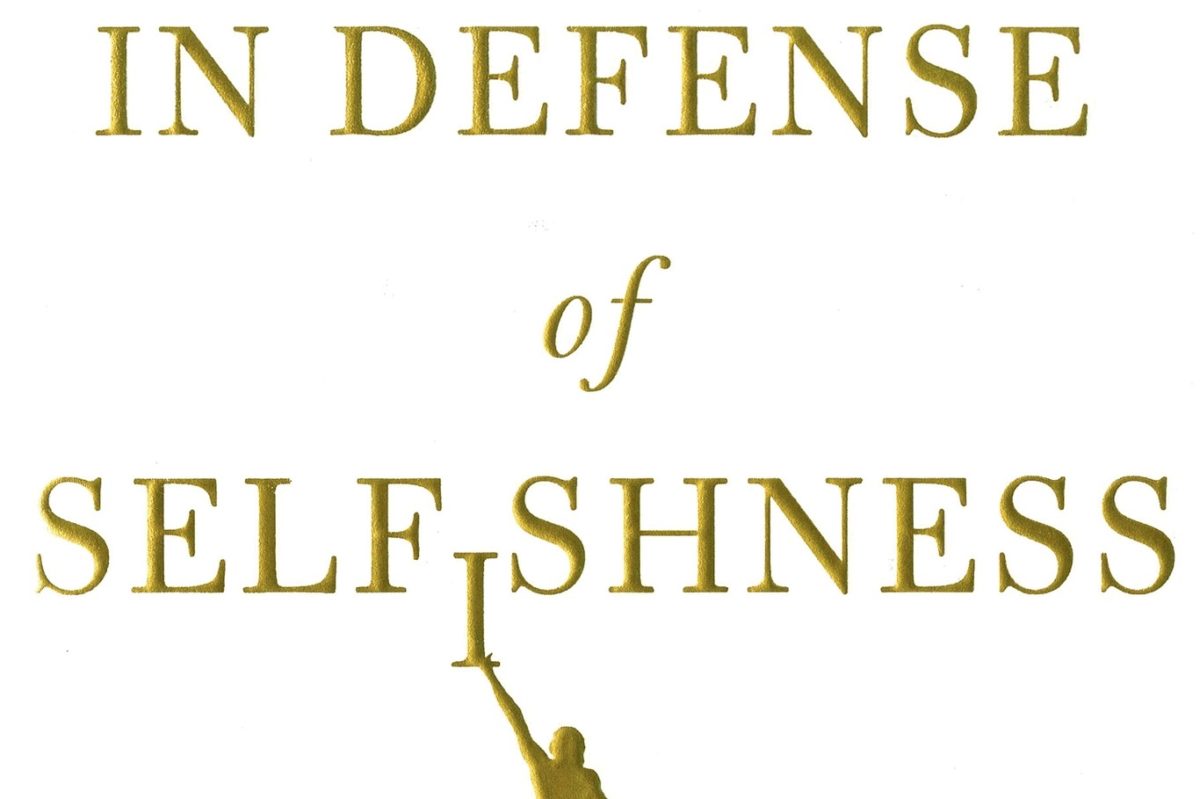A New York Times editorial recently described the military skills our soldiers will need, to do what our politicians are asking them to do (“Military Hones a New Strategy on Insurgency,” October 5, 2006). The new doctrine renounces overwhelming force, focuses on reacting to insurgent attacks rather than winning offensive battles, and has a goal of protecting civilians rather than defeating a hostile enemy.
Before the 2004 election, Vice-President Cheney lambasted John Kerry for wanting to fight a more “sensitive” war. But Mr. Cheney should rather have agreed with Mr. Kerry, since that is exactly what we are doing.
The Times article is right: at military conferences, and in discussions with military officers and instructors, I continue to hear how we must change attitudes among a foreign population rather than use our force, and how it is preferable to let a “bad guy” escape rather than hurt a civilian. The military is developing new tactics to achieve such ends.
In a visit to the military simulators at Fort Riley, Kansas, for instance, I saw a stunning array of technology. One enters a warehouse-style building, full of metal cubes with doors. Close the door, and you are in a mock-up of an M1 Abrams tank commander’s display, with monitors and controls identical to real-world conditions. Once the action starts, you will think you are in a tank. Tanks can be networked, and sent on a mission. Instructors can ambush them, and monitor their actions. Afterwards, in a classroom, participants can see an overhead view of the entire operation, and evaluate every move from above.
The technology is space-age-but what of the goals to which the technology is being employed? It was once the case-in a by-gone era-that our goal in war was to defeat an enemy. This meant demonstrating to enemy leaders, warriors, and civilians that victory was impossible, by convincing them that further fighting was hopeless. The results can be seen in Japan, a country that has renounced military attack and embraced prosperity and freedom.
Under such principles, the regime in Iran, for instance, which is providing a steady stream of arms and support into Iraq, would not be allowed to remain in power. Local warlords would face overwhelming assault. Civilians would learn not to side with the losing side. The better civilians-those who really do not want war-would gain safety from the defeat of a dictatorship, and would have a chance for a better life.
But the new doctrine is designed for different goals. The new wisdom is: “the more force is used, the less effective it is.” The army must “clear, hold and build,” since building things for a foreign population is more important than demanding their surrender. The enemy’s safe-havens, his defiant leadership, and sympathetic civilians, are not to be attacked. “Tactical success guarantees nothing”; the new aim is “to protect the Iraqis against intimidation.”
One wonders how the police in New York could protect a grocer from the intimidation of organized gangsters without destroying the Mafia that funds them-but this, in essence, is the new military mission.
There is one big idea behind this thinking, one idea that establishes the political and intellectual context for the new doctrine: altruism. It is altruism (“otherism”) that elevates the value of others over self. It is altruism that places our soldiers into the service of other civilians in other countries, to promote the stability of other governments who uphold values other than ours, to respect the interests of others, even those who want to kill us. It is altruism that demands billions in foreign aid from us to others, while our people are beheaded on television.
Altruism is the moral principle behind today’s Just War Theory-the direct application of altruism to the question of military ethics and doctrine.
An offensive war, waged against those who launch attacks against us, is premised upon the opposite conclusion: that our own people, and our own cause, are more valuable than the enemy and his cause. Every soldier who shoots an enemy, and every president who issues an ultimatum to a hostile power, is presuming this judgment.
According to altruism, however, this is self-interested, and thereby “morally tainted,” in the words of Peter Schwartz (The Foreign Policy of Self-Interest, ARI Press, 2004). The new aim of the war-now taken as an unquestioned absolute-is to bring good things to the population of a hostile nation, to “win the hearts and minds” of others so they will embrace “democracy” and throw flowers on us.
It is altruism that subjects our soldiers to a slow bleed of dead and wounded, in order to avoid confronting an enemy leader or hurting a shopkeeper. It is altruism that is telling our soldiers to shrink the range of their minds from long-term victory, to building toilets for a hostile population. It is altruism that values the life of a foreign civilian over the death of a soldier killing Americans.
Since altruism provides no goals for the war-it says only that the goals must be good for others-a lack of purpose is the inevitable result. The decline of support in America for the Iraq war is a consequence of the inability to understand why one American should die for the Iraqis. And the contempt for America in the Middle East is the result of our unwillingness to assert ourselves, and to destroy those spreading of vicious propaganda. What altruists see as virtuous deference to the needs of others, enemies overseas take as weakness of will and submission.
Some commentators have praised this new military doctrine, while whitewashing its implications. Counter-insurgency war is not about victory or defeat, runs one argument; democracy for others is our purpose, and will be the “final stage” of the war. We should fight on until the enemy establishes an electoral “Vote for Liberty!” campaign, blanking out the fact that “liberty” has a specific meaning, that people who do not understand it cannot be expected to defend it, and that any moral standard which requires us to sacrifice our liberty for theirs is a repudiation of liberty at its root.
The real problem, say others, is “leftists” who want to “cut and run”-evading the fact that the New Left political and economic agenda has been adopted lock stock and barrel by the New Conservatives, and that it was the liberal Woodrow Wilson who proclaimed “Peace Without Victors” in 1918. Just War Theory itself is a leftist construct that has been embraced by conservative leaders, in many cases for its allegedly compassionate overtones. Mr. Cheney may chide Mr. Kerry-but the administration has taken the democrat’s advice, and acted with inordinate sensitivity. The result has been anything but compassionate.
Military experts are warning that we do not have enough resources to act this way. Since the military’s job is now to “counter” an endless “insurgency,” we would need as many army squads as there are buildings and street corners in the Middle East. Proponents claim that such a war may take fifteen years for Iraq alone-without considering the support flowing in from surrounding areas. The doctrine is a prescription for an unending stream of body-bags, with no victory in sight because no victory is being pursued.
America’s increasing technological superiority, combined with deepening fog surrounding the moral purpose of that technology, is a symptom of the gulf between science and the humanities that has characterized the past two hundred years. We combine soaring advancements in the capacity to control nature, with stagnation and regression in our understanding of man’s moral nature. If we do not get a grip on the moral goodness of self-interested action in pursuit of victory over theocratic dictators, our army will continue to increase in technological efficacy, all the while we sacrifice it to the bathroom needs of foreigners.
Unfortunately, none of this will deter the advocates of a sacrificial foreign policy, for they are driven by a moral ideal-altruism-that carries more weight in their minds than the need to defend our own freedom and our own lives. It is for those who recognize the goodness in defending life, liberty and freedom, against its enemies, to offer a different policy.
Versions of this article first appeared in the blog of The Objective Standard, http://theobjectivestandard.com/blog/, and in Capitalism Magazine, http://www.capmag.com/article.asp?ID=4812.
Dr. John Lewis is assistant professor of history at Ashland University. He is the author of Solon the Thinker: Political Thought in Archaic Athens, and is now completing a book, “Nothing Less Than Victory: Military Offense and the Lessons of History.” He is contributing editor to The Objective Standard.




